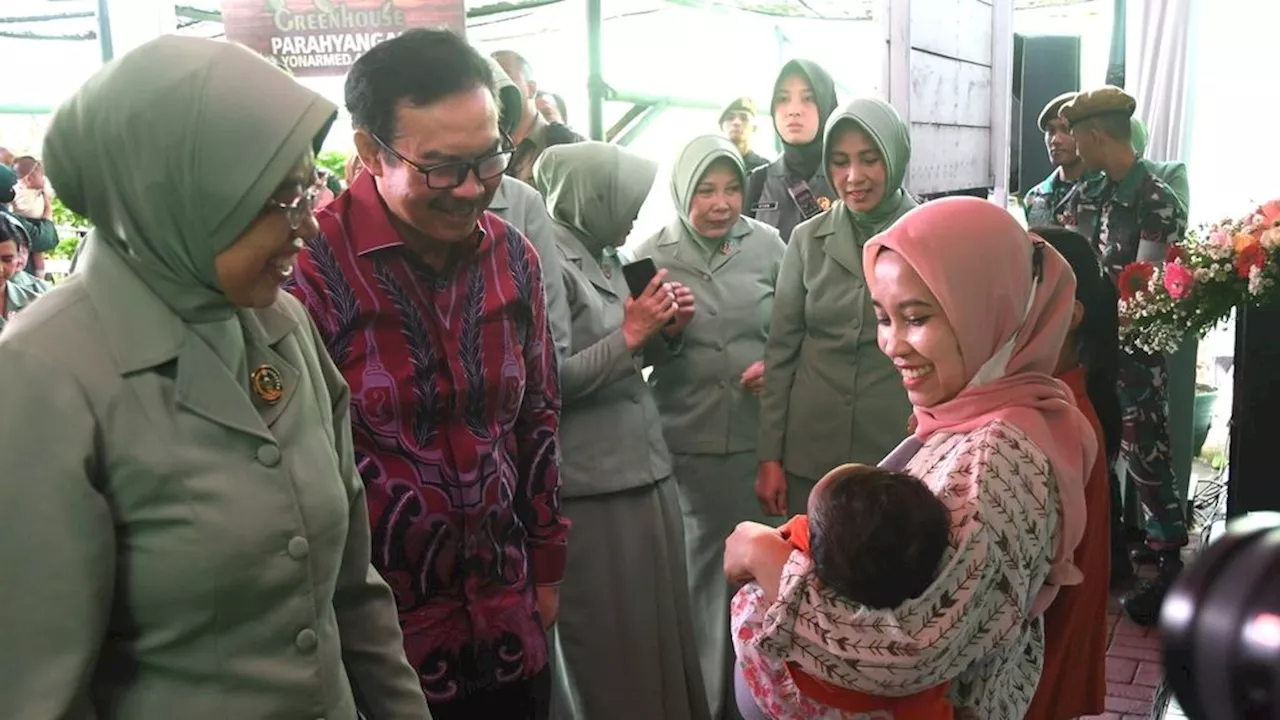The lack of health checks for women before pregnancy is one of the causes of the emergence of new tengkes cases.
Please note that this article was automatically translated using Microsoft Azure Open AI and Google Translation AI. We cannot ensure that the entire content is translated accurately. If you spot any errors or inconsistencies, contact us atThe following article was translated using both Microsoft Azure Open AI and Google Translation AI. The original article can be found in
"It would be best for married women to routinely check their health condition before getting pregnant. This is to ensure that the prospective mother is in good health and the baby born is not in a weakened condition," said Hasto during the peak celebration of World Contraception Day in Cimahi City, West Java, on Monday .
Women who experience anemia and vitamin D deficiency are at risk of giving birth to a baby with a cleft. Therefore, if this problem can be detected early, interventions can be immediately taken so that clefts can be prevented.Head of the National Population and Family Planning Agency, Hasto Wardoyo, awarded 10 provinces with the highest achievement in Family Planning Service Week in Cimahi, West Java, on Monday .
" Ideally, 4.8 million women who give birth in Indonesia each year should immediately use contraceptives. BKKBN constantly improves contraceptive service usage through the National Family Planning Program," said Hasto, who is also the Chairperson of the Stunting Prevalence Reduction Acceleration Program.Head of the Army Health Center Major General Sukirman was met in Cimahi City, West Java, on Monday .
